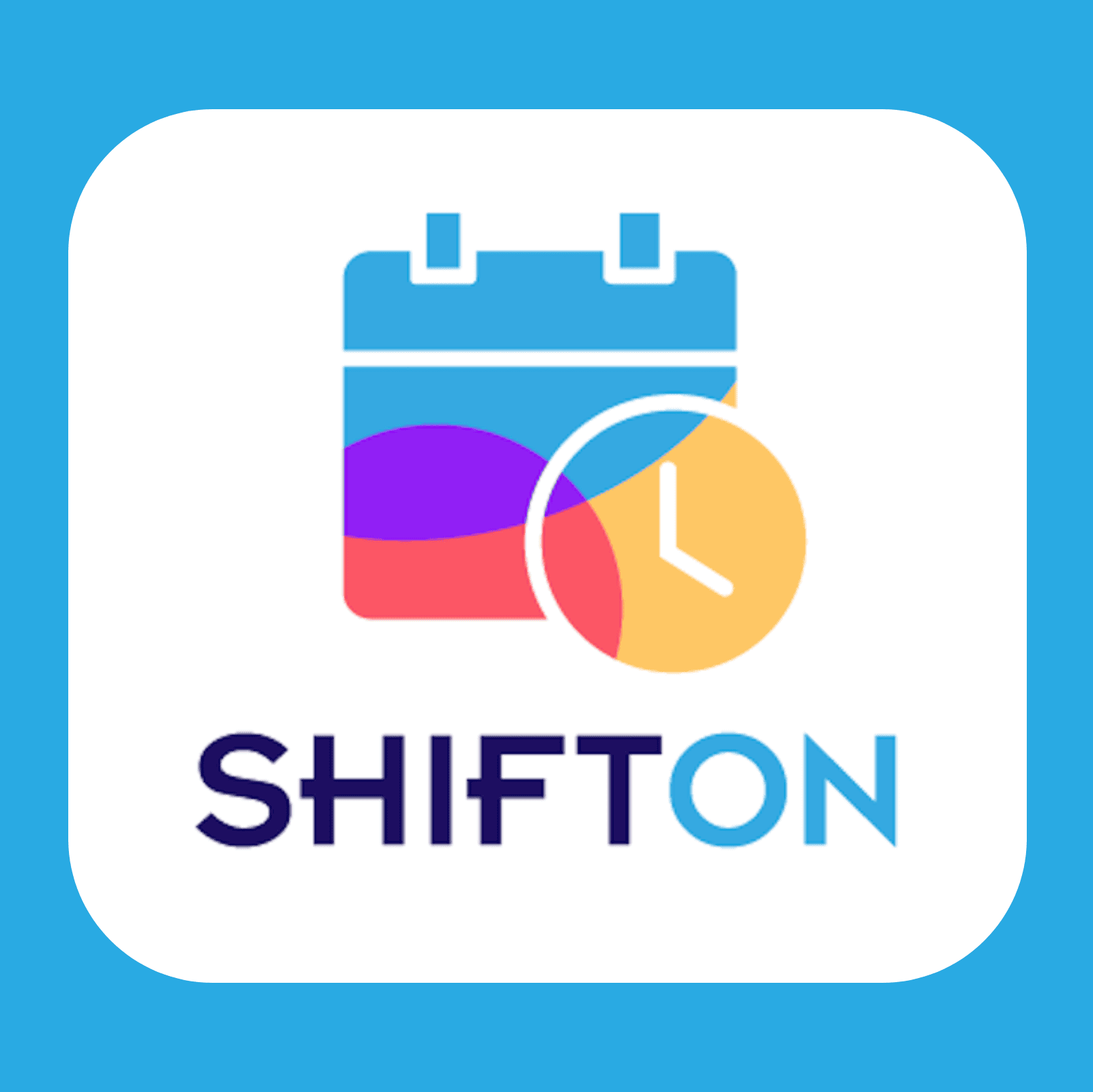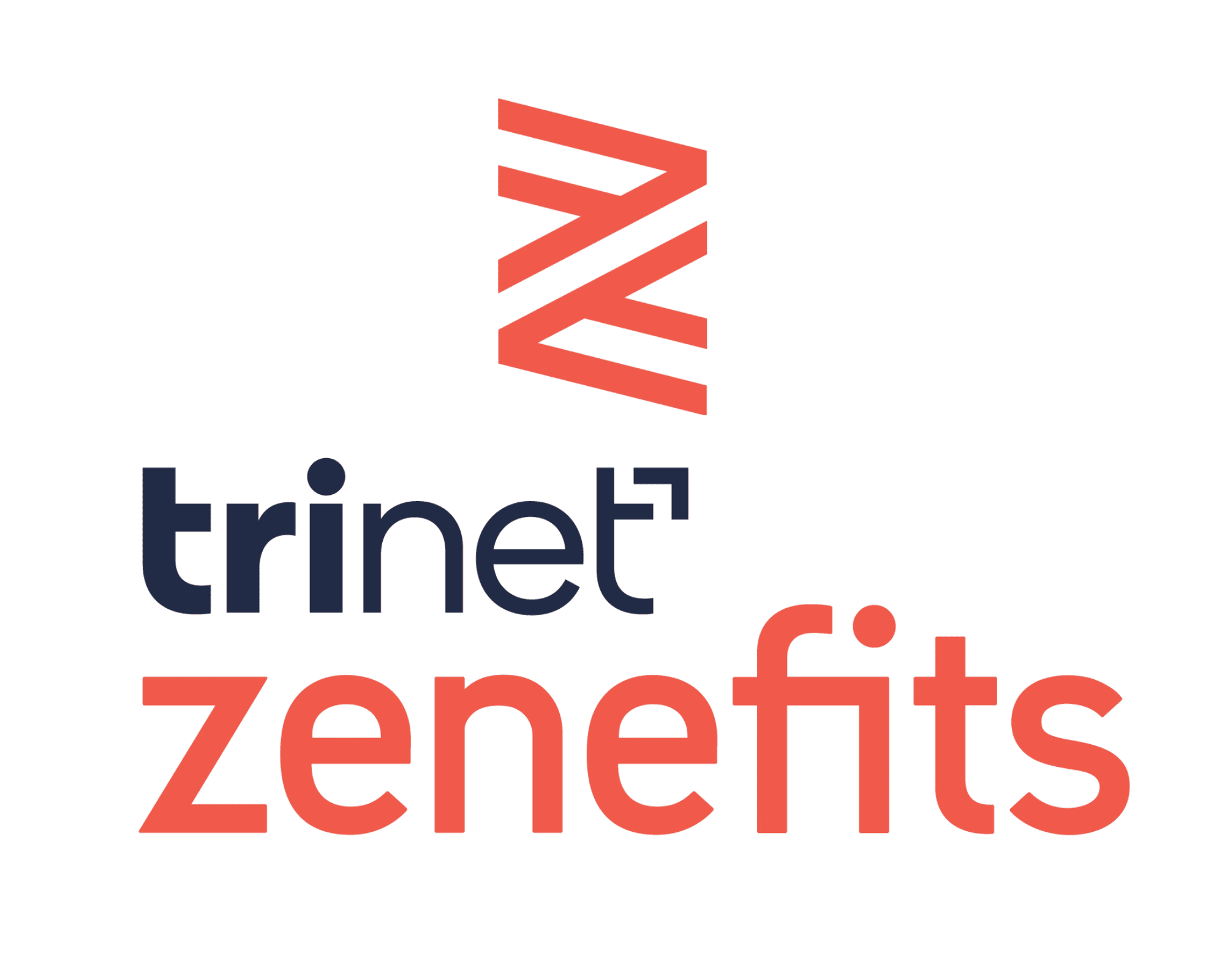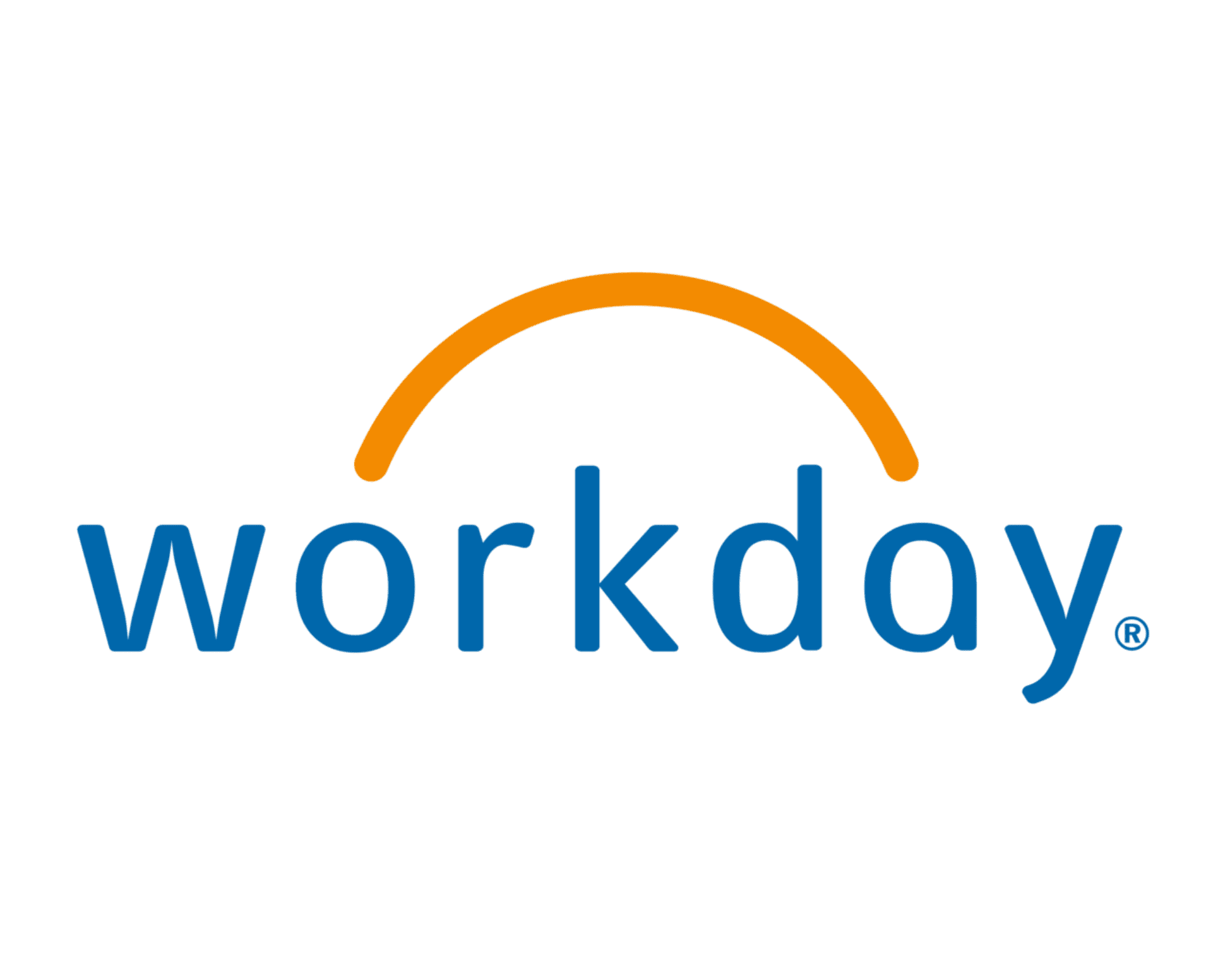Zenefits vs. Workday: Key Features
The range of features is substantial, especially for Workday, but the main distinction between the two services is in their primary focus:
Zenefits:
- Payroll management with automated tax filing.
- Benefits administration for health insurance and pension schemes.
- Time and attendance tracking with scheduling tools.
- Compliance assistance with labour laws and employee onboarding.
Workday:
- Comprehensive talent management, covering recruitment and development.
- Workforce planning and budgeting tools.
- Advanced analytics and reporting for strategic decision-making.
- Financial management for budgeting and expense tracking.
Zenefits vs. Workday: Similarities
Despite many differences, the services share common elements. They:
- Are both powered by cloud-based solutions.
- Help automate HR processes.
- Support integration of additional tools and services (though the list of tools differs in various aspects).
- Aim to prioritise a positive employee experience.
Zenefits vs. Workday: Differences
When comparing Zenefits vs. Workday, the differences are apparent:
- The target audience varies. One service targets small and medium-sized companies, while the other focuses on large enterprises. While Workday does offer a separate suite for smaller firms, that’s not its primary focus.
- Payment policy. Workday’s subscription fee depends on the number of connected employees, whereas Zenefits offers free features with additional charges for more complex ones.
- Workday boasts one of the most comprehensive lists of features and tools in the market, while Zenefits focuses on a straightforward and user-friendly tool for quick onboarding.
Zenefits vs. Workday: Pros and Cons
Zenefits Pros:
- Better suited for smaller businesses, especially if they don’t want to spend months mastering the tools.
- Clear and intuitive interface.
- Pre-configured workflows streamline HR tasks.
Zenefits Cons:
- Limited options for businesses planning to expand or needing sophisticated analytics.
- Basic reporting compared to Workday.
Workday Pros:
- Analytics and features comparable to tech industry leaders, incorporating AI.
- Comprehensive HR and financial tools.
Workday Cons:
- Higher cost structure.
- More challenging to learn (can take months to fully understand).
Zenefits vs. Workday: Pricing
Zenefits pricing, depending on the feature set, varies from $10 to $33 per employee per month.
Workday’s pricing is bespoke and dependent on organisational size and specific requirements, usually necessitating a significant initial investment. However, some tools like Workday Adaptive Planning, offer a free trial period.
5 Recommendations for Choosing Between Zenefits vs. Workday
1. Assess your business size and growth plans
Smaller companies manage fine with simple plans, and Zenefits’ out-of-the-box solutions fully cater to their HR needs. Meanwhile, large enterprises (500+ employees) with complex structures and international branches are more likely to choose Workday, which is perfectly scalable.
2. Determine which functions you genuinely require
In the Zenefits vs. Workday comparison, Zenefits is a perfect choice if your primary needs are payroll, automating compliance, and benefit management. Zenefits will automate ACA reporting and certainly ease onboarding new staff. However, if advanced tools like financial forecasting are needed, Workday, with powerful analytics and AI usage, is a superior choice.
3. Determine your budget
Zenefits offers clear and predictable pricing. In contrast, Workday operates after a personal service estimate and can cost over $100,000 annually for larger organisations.
4. Evaluate if you need tool integration
Zenefits integrates seamlessly with Slack, Google Workspace, and Salesforce. Workday supports more complex integrations, such as ERP systems like SAP, which integrate financial and HR reports.
5. Decide the time you can dedicate to mastering the tools
Zenefits facilitates quick implementation and staff training, whereas Workday can take 6 to 12 months to implement due to its complexity.




